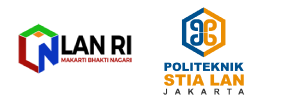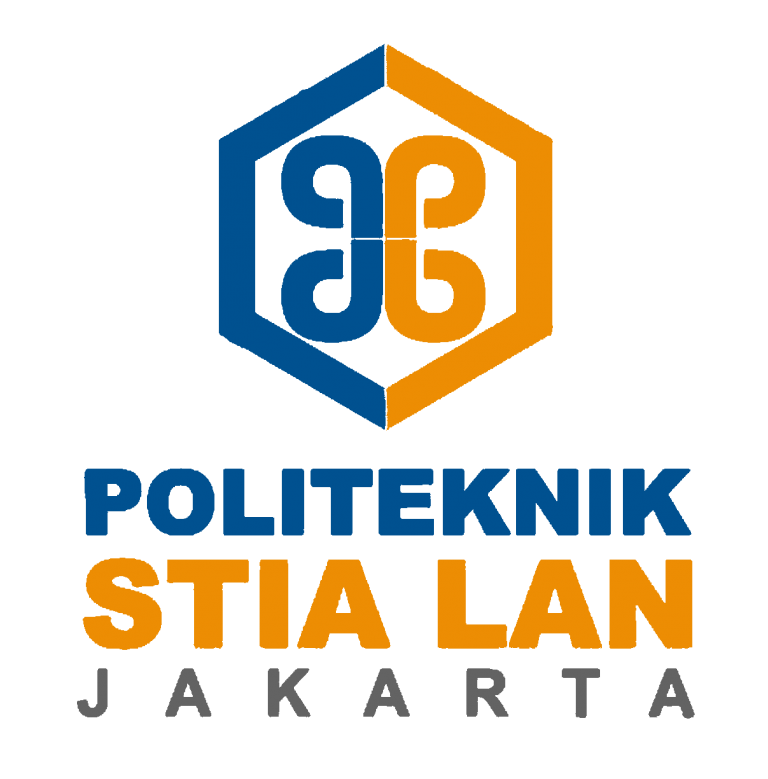VISION
Creating an International Quality Civitas Academica of the NIPA School of Administration Jakarta in the Field of Applied Administrative Science.
MISSION
- Becoming a center of knowledge in the field of applied administrative science;
- As a means of theoretical and conceptual application in the field of applied administrative science through practical-based learning activities;
- As a means for an applied administrative science development for both lecturers and students through research and study;
- Accelerating partnerships with multi-stakeholders to develop innovative products and intellectual creation in the field of applied administrative science at the national and international levels.
Functions:
- Administration Laboratory (LABADM), in practice, is a master laboratory in charge of some specific laboratories which have been purposively established based on needs of focus and concentration in certain field of study. LABADM has 3 main functions as follow:
- Coordinative function. LABADM is the responsible party for the management, coordination, and sustainability of the specific laboratory;
- Technical Functions. LABADM conducts research, study and development of administrative science as mandated by the Decree of the Head of NIPA No. 3 of 2019 on the NIPA School of Administration Jakarta;
- Control function. LABADM has the authority to control and evaluate the operation of a specific laboratory under the existing regulations.
Main Role:
According to the regulation, LABADM has 3 main roles as follow:
- Providing facilities for the implementation of the learning process, research, and study in the field of administrative science, so that students and lecturers can experience practical learning;
- Providing facilities and/or conducting research and studies on current issues in the field of administrative science;
- Providing facilities or means of innovation and creativity development for lecturers and students in the field of administrative science;
- Building networks with relevant external parties to perform a quality and adaptive learning process in lines with time.



